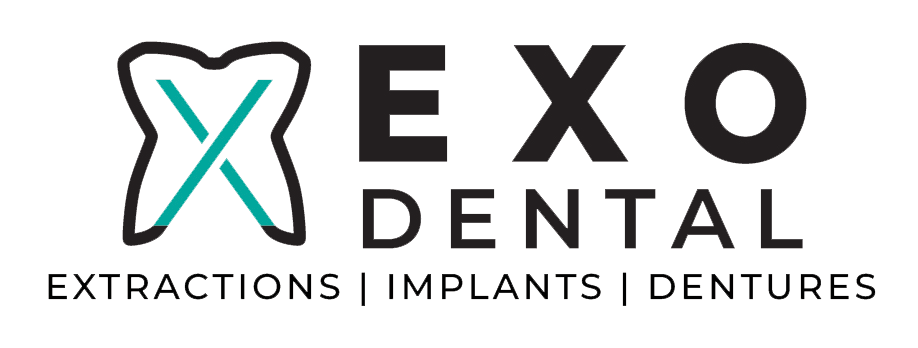5 Ways Untreated Bruxism Can Damage Your Teeth
Bruxism, or teeth grinding, commonly affects adults and children. It usually happens while sleeping, but some people may unconsciously grind their teeth during the daytime. Various factors, including stress, anxiety, sleep disorders, and misaligned teeth, can cause bruxism.
This condition can lead to several dental problems and complications if left untreated. This article discusses five ways untreated bruxism can damage teeth and compromise oral health.
1. Tooth Wear and Enamel Erosion
One of the most evident consequences of untreated bruxism is tooth wear. The constant friction between the upper and lower teeth prematurely wears the enamel down as you grind your teeth.
Enamel is the tough, protective outer layer of the tooth that shields the inner, more sensitive layers from damage. Over time, chronic teeth grinding can lead to significant enamel erosion, leaving your teeth vulnerable to sensitivity, decay, and other dental problems.
2. Tooth Fractures and Cracks
The excessive force exerted by grinding your teeth can also cause fractures or cracks in your teeth. These small fissures may not be noticeable initially, but they can gradually worsen and lead to more severe dental issues.
Cracked or fractured teeth can cause pain, sensitivity, and difficulty chewing. The wear may be so advanced that a dentist may require a tooth extraction or root canal procedure to save the tooth.
3. Gum Recession and Periodontal Problems
Bruxism can also harm your gums and the supporting structures of your teeth. The constant pressure and force from grinding your teeth can cause your gums to recede, exposing the roots of your teeth. This can result in increased tooth sensitivity and a higher risk of developing gum disease, such as gingivitis or periodontitis. Gum disease can lead to tooth loss and other complications if left to its devices.
4. Temporomandibular Joint Disorders (TMD)
The temporomandibular joint (TMJ) is the hinge that attaches your jaw to your skull, allowing you to open and close your mouth. People who suffer from bruxism often experience issues with their TMJ, leading to temporomandibular joint disorders (TMD).
TMD results in pain, discomfort in the jaw, face, and neck, and difficulty opening and closing the mouth. You may also notice clicking or popping sounds when moving and even locking the jaw. The excessive strain and pressure from teeth grinding can exacerbate TMD symptoms and further damage the TMJ.
5. Changes in Bite and Facial Appearance
Chronic bruxism can also lead to changes in the way your teeth are arranged when you bite down. As the enamel wears away and the teeth become shorter, your bite may become misaligned, leading to malocclusion.
Malocclusion can cause various problems, including difficulty chewing, speech issues, and even changes in facial appearance. Additionally, the constant clenching and grinding can cause your facial muscles to become overworked and tense, leading to a more aged or worn appearance.
Conclusion
Untreated bruxism can have serious consequences for your dental health and overall well-being. Addressing this condition as soon as possible is crucial to prevent further damage to your teeth and gums. If you suspect that you or a loved one is suffering from bruxism, it is essential to consult with a dental professional for a proper diagnosis and treatment plan.
Treatment options may include wearing a 3D-printed night guards at night to protect your teeth, addressing any underlying causes such as stress or anxiety, and correcting any dental issues contributing to the condition. Taking steps to manage and treat bruxism can help preserve your teeth and maintain oral health for years.
Looking for a way to protect your teeth from the damaging effects of bruxism? Look no further than Exo Dental's
3d printed night guards! Our custom-fitted guards are designed to provide optimal comfort and protection while you sleep, helping to prevent further damage to your teeth and maintain your oral health. Contact us today to schedule a consultation and learn more about how we can help you.
Don't hesitate to contact Exo Dental in Rogers to discuss your tooth removal and oral surgery options. Hablamos Español.

